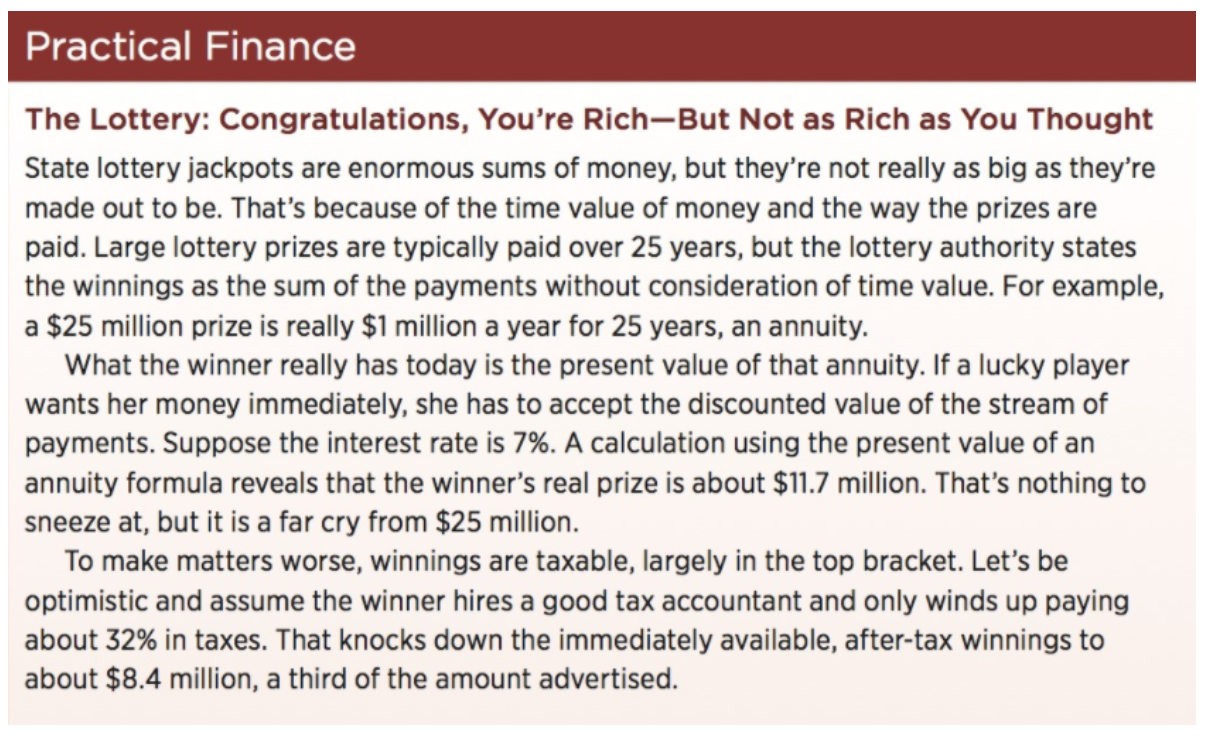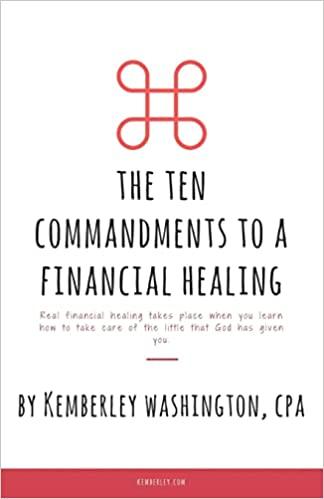Answered step by step
Verified Expert Solution
Question
1 Approved Answer
Research a news story regarding a lottery winner that ended up losing everything after their big windfall. Summarize the story and include the link to

Research a news story regarding a lottery winner that ended up losing everything after their big windfall. Summarize the story and include the link to the news article. Also, address the following questions in your post:
- As the lottery winner's financial planner how would you have consulted the client regarding how the time value of money and taxes can impact their winnings?
- Using your knowledge from this course how would you advise your client to spend their winnings Two paragraph minimum (5-6 sentences for each paragraph)
Step by Step Solution
There are 3 Steps involved in it
Step: 1

Get Instant Access to Expert-Tailored Solutions
See step-by-step solutions with expert insights and AI powered tools for academic success
Step: 2

Step: 3

Ace Your Homework with AI
Get the answers you need in no time with our AI-driven, step-by-step assistance
Get Started


